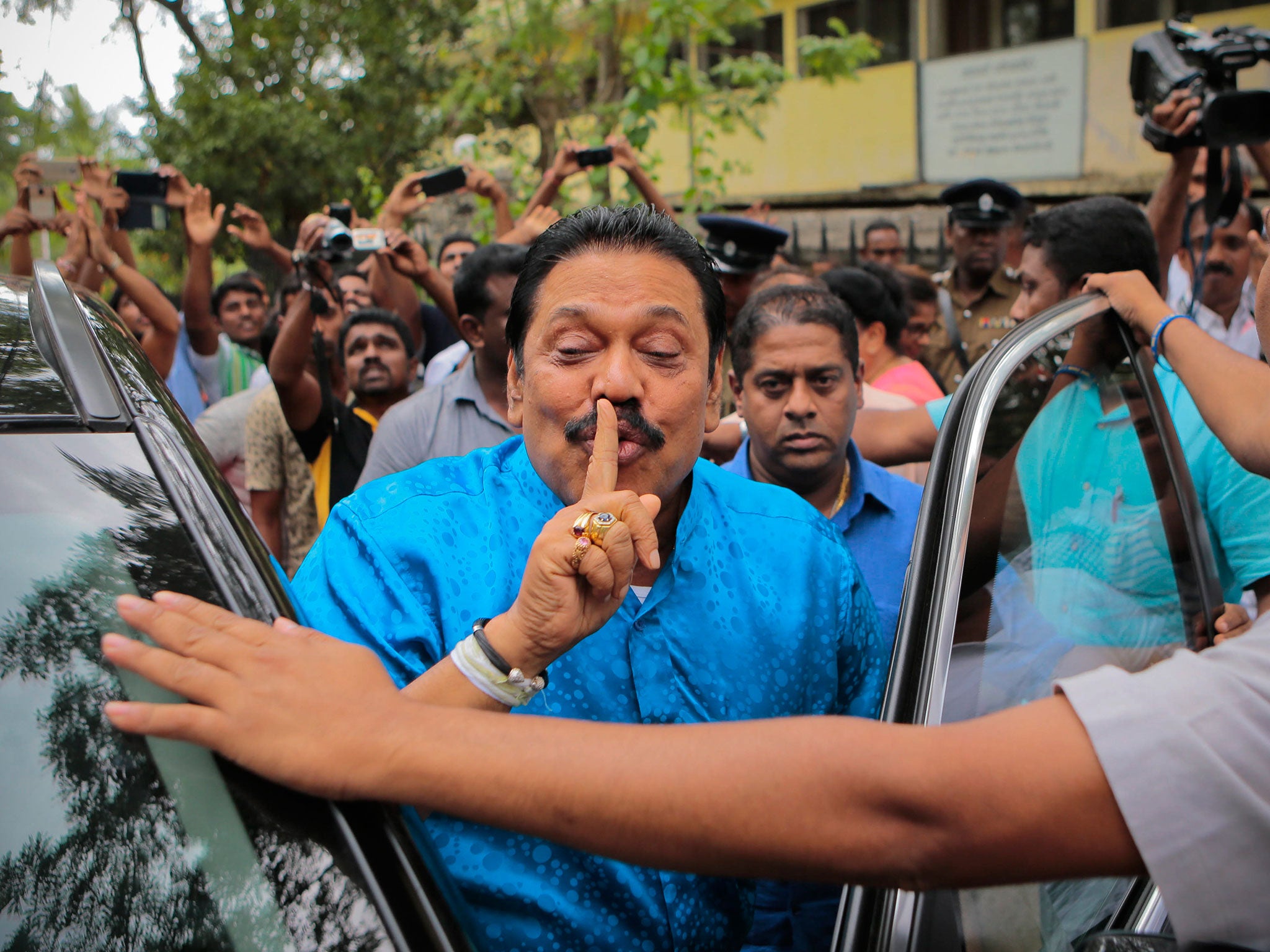Sri Lanka election: Voting goes off peacefully in Tamil north of the country
The hope for change has been the sentiment running through the Tamil minority since January, after Mr Rajapaksa lost in a shock presidential election

More than half the minority Tamils living in Sri Lanka’s north and east came out to vote yesterday to choose the country’s prime minister in a peaceful general election.
When voting ended at 4pm local time, more than 60 per cent of the eligible voters from the former war zone had cast their ballots. The figure, which was lower than the last presidential elections when 80 per cent of the northern Tamils voted then President Mahinda Rajapaksa out, was still higher than expected.
The former President stood in a bid to become prime minister. He is being investigated by the United Nations for alleged human rights abuses and war crimes during Sri Lanka’s war with the Tamils. “I voted today in hope of a change,” said Premila, 32, a mother of two from Kilinochchi. “We have been through 30 years of suffering, we are still suffering even after the [end of the] war.”
The hope for change has been the sentiment running through the Tamil minority since January, after Mr Rajapaksa lost in a shock presidential election. But for many Tamils in the north, who are still trying to rebuild their lives after three decades of war, change begins with being able to live without hunger or fear.
“The hike in food prices and the lack of jobs were what drove us to seek a different government last time,” says Murugan, a former rebel. “After Ranil [Wickremesinghe] became Prime Minister in January, we can afford to eat,” he says.
The price of rice, the staple food in Sri Lanka, has dropped in the past eight months, and so has that of other necessities. For most low-income northern Tamils, voting out the former President has to do more with necessity than with hatred.
A rare few even acknowledge his past favours.
“He did good things after the war,” says Jeyan, a former Tiger rebel. “Now our north is far more developed than some places in the south. Yes, he stole funds, but at least he did something for us, which is more than I can say for our Tamil politicians,” he says.
Join our commenting forum
Join thought-provoking conversations, follow other Independent readers and see their replies
Comments